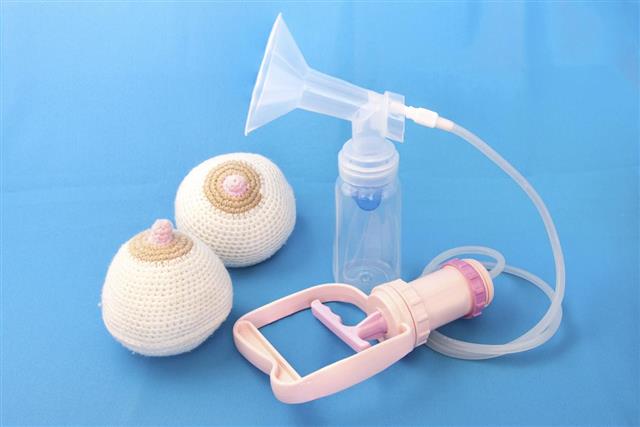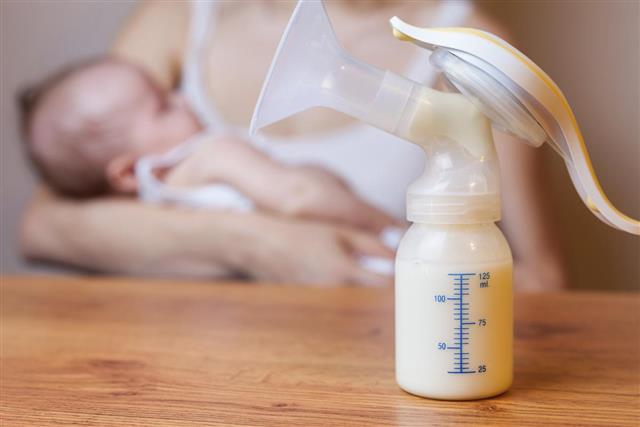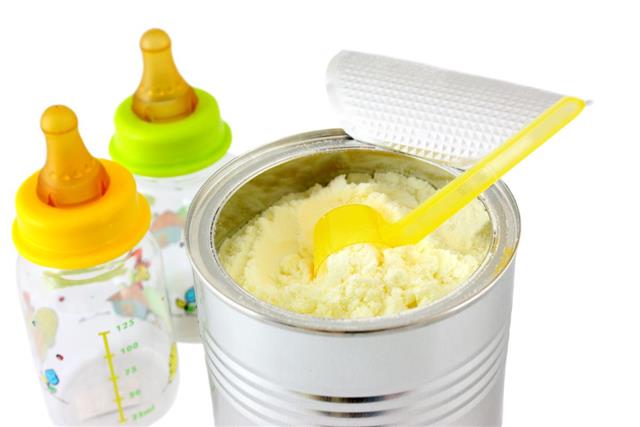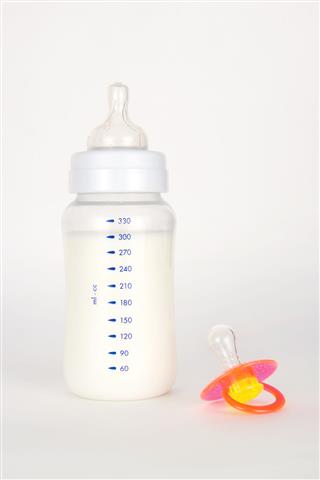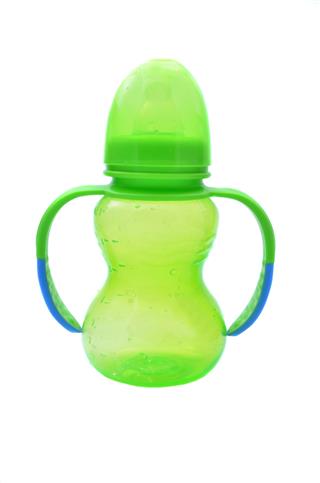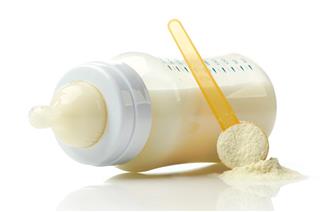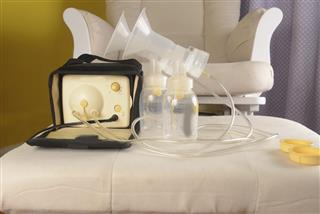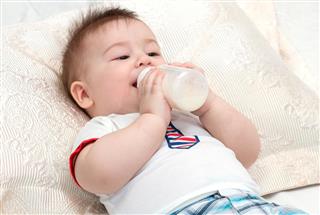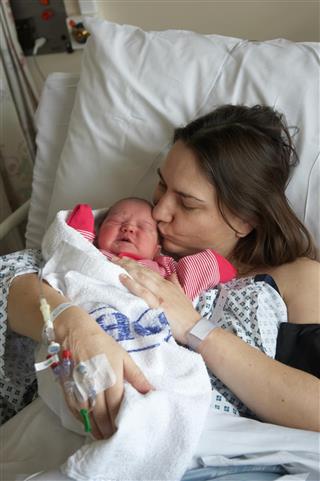
Colostrum is said to be highly beneficial for the newborn. Go through this article to know more about storing first milk or colostrum.
Breastfeeding is said to be beneficial for the newborn as well as the mother. While breast milk is believed to boost the immunity and intelligence of the baby, the mother is also said to reduce the risk of certain types of cancer and depression, through breastfeeding the child. Besides being rich in necessary nutrients, breast milk also contains disease-fighting components.
Colostrum is the first milk produced in the breasts, during the last stage of pregnancy through the first few days of childbirth. Otherwise known as first milk, this milk is said to be highly beneficial for the baby. It is the ideal food for a newborn. In some circumstances, it may not be possible to feed the newborn with colostrum, due to reasons like mother being unwell or feeding difficulties.
Why Colostrum is Vital for Newborns?
Colostrum or first milk is beneficial for the baby in various ways. As the digestive system of newborns are small and sensitive, colostrum is ideal as their first food. This first milk contains high levels of nutrients in an easy digestible form. High levels of proteins, vitamin A, and certain other nutrients are found in colostrum. This milk is said to have a slight laxative effect. This is useful for the body of the baby, for expelling the dark-colored first stool, called meconium. The antibodies in colostrum boosts the immunity of the newborn. Colostrum is also rich in various growth factors that said to be vital for the development of the body, especially of the digestive system.
As stated above, colostrum is produced in the breasts during the last part of the pregnancy and for a few days after birth of the baby. This milk will be yellowish in color, with a slightly thicker consistency, as compared to mature milk (produced after a few days of childbirth). This first milk is high in protein, but low in fat and sugar. You may express and store colostrum beforehand, if your doctor permits. This colostrum will be of much help, in situations where breastfeeding the baby after childbirth gets delayed due to any reason.
Is it Safe to Express Colostrum Before Childbirth?
As in case of mature breast milk, colostrum too can be expressed and stored. However, you must seek the opinion of your gynecologist, before doing so. Though stimulation of breasts before childbirth, is not found to cause any effects on the uterus, in some cases, the pregnant woman is not allowed to express colostrum beforehand. This restriction is mainly found to be imposed on women with multiple pregnancy or those with cervical incompetence. Even those pregnant women with a risk of premature labor must avoid collecting colostrum before childbirth. So, if you intend to express and store colostrum, it must be done as per the instructions of your doctor.
How to Store Colostrum?
Normal and healthy pregnant women can proceed with expression and storage of colostrum, if their doctor allows them to do so. If you want to express colostrum during pregnancy, it is best to use hands. Wash hands thoroughly and gently squeeze the breast (not nipples). The colostrum can be collected in a sterilized spoon and can be stored in syringes that have to be refrigerated. Express colostrum for two to three times a day and by the evening, you can transfer the colostrum to a zip lock bag (or glass containers). Put the date and time and store it in the freezer. It can be stored for three months. Once you get admitted to the hospital for childbirth, you can take this colostrum, which has to be stored properly, till childbirth.
After childbirth too, you can collect colostrum for a few days. You may either use breast pumps or hands for this purpose. Store the expressed colostrum in glass containers or zip lock bags. If you want to use it within a day, use plastic containers or zip lock bags. You may keep this colostrum at room temperature for a period of twelve hours. Frozen colostrum can be stored for a maximum of three months.
The above said is only a brief overview about expressing and storing colostrum. Though it is possible to save and store colostrum, it should be done, only as per the instructions of your gynecologist. If the doctor does not want you do that before childbirth, refrain from expressing colostrum.
Disclaimer: This article is for informational purposes only and should not be used as a replacement for expert medical advice. Your gynecologist is the best person to provide you with instructions about expressing and storing colostrum.

